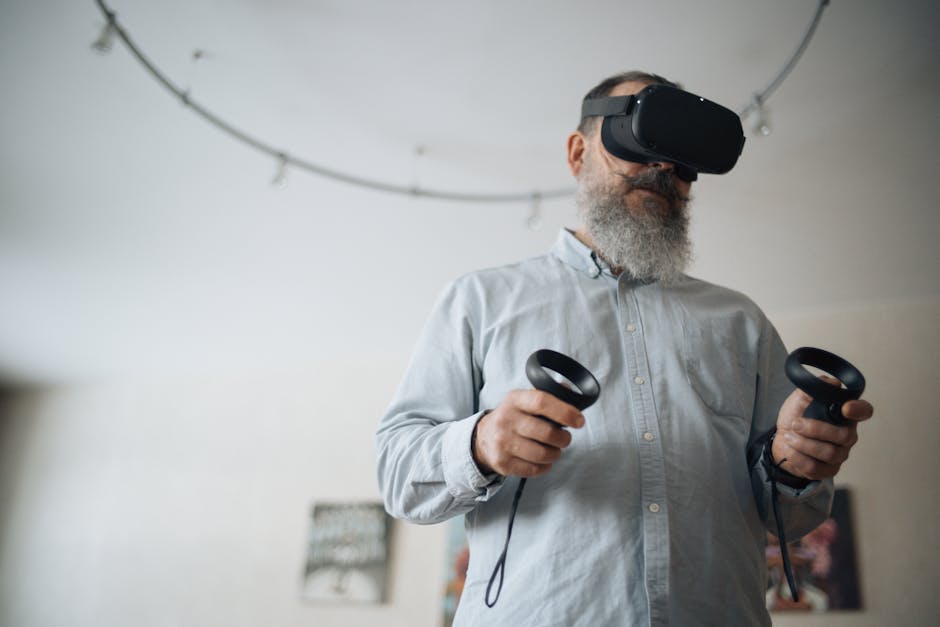**
In today’s rapidly evolving world, 헬스케어 기술 is paving the way for a new era in medical innovation and patient care. With advancements in 디지털헬스 and 의료기술, the boundaries of traditional healthcare are being redefined. Let’s delve into the transformative trends that are shaping the future of healthcare.
헬스케어 기술의 현재: 어디까지 왔나?
Healthcare technology has seen significant breakthroughs over the past decade. From wearable devices to telemedicine, the integration of technology into healthcare is profound and ongoing.
웨어러블 기기: 개인화된 건강관리의 시작
Wearable technology, such as fitness trackers and smartwatches, has revolutionized personalized healthcare. These devices allow users to monitor their health metrics in real-time, providing valuable data for both users and healthcare providers.
- Smartwatches track heart rate, steps, and sleep patterns.
- Fitness trackers encourage physical activity and healthier lifestyles.
- Continuous glucose monitors for diabetics offer real-time insights.
원격의료의 부상: 의료 접근성의 확장
원격의료 has emerged as a crucial component of modern healthcare, especially in the wake of global challenges like the COVID-19 pandemic. It offers a solution for patients who require medical consultations without the need to physically visit healthcare facilities.

This trend has:
- Increased access to healthcare for remote and underserved communities.
- Reduced the burden on healthcare facilities.
- Enabled continuous patient monitoring through healthcare apps and platforms.
미래의 의료 트렌드: 어디로 향하고 있는가?
The future of healthcare is shaped by several emerging trends that promise to make healthcare more efficient, personalized, and accessible.
인공지능과 머신러닝: 의료혁신의 핵심
인공지능(AI) and 머신러닝 are playing a pivotal role in transforming healthcare. These technologies are used in diagnostics, treatment personalization, and predictive analytics.
AI-driven innovations include:

- Automated image analysis in radiology.
- Predictive algorithms for patient care management.
- Chatbots for patient engagement and support.
블록체인: 의료 데이터의 보안과 투명성
블록체인 technology is gaining traction in healthcare for its potential to secure and streamline medical records. It ensures data integrity and enhances patient privacy by providing a decentralized and tamper-proof ledger.
Key benefits include:
- Secure sharing of patient data between providers.
- Improved accuracy in patient records.
- Enhanced patient consent management.
건강앱과 디지털헬스: 환자 중심의 건강관리
Digital health apps are empowering patients to take control of their health. They provide tools for managing chronic conditions, tracking fitness goals, and accessing telehealth services.
건강앱의 종류와 혜택
There are a variety of health apps available, each serving different purposes:

- Fitness Apps – Track physical activity and dietary intake.
- Mental Health Apps – Offer meditation, therapy, and stress management solutions.
- Medication Management Apps – Remind users to take medications and refill prescriptions.
결론: 헬스케어 기술의 미래
The future of healthcare is bright, with technology playing a central role in shaping patient experiences and outcomes. As we continue to embrace these innovations, healthcare will become more accessible, efficient, and personalized.
We’d love to hear your thoughts on these trends. What aspect of 헬스케어 기술 excites you the most? Share your insights in the comments below or share this post with someone interested in the future of healthcare!
